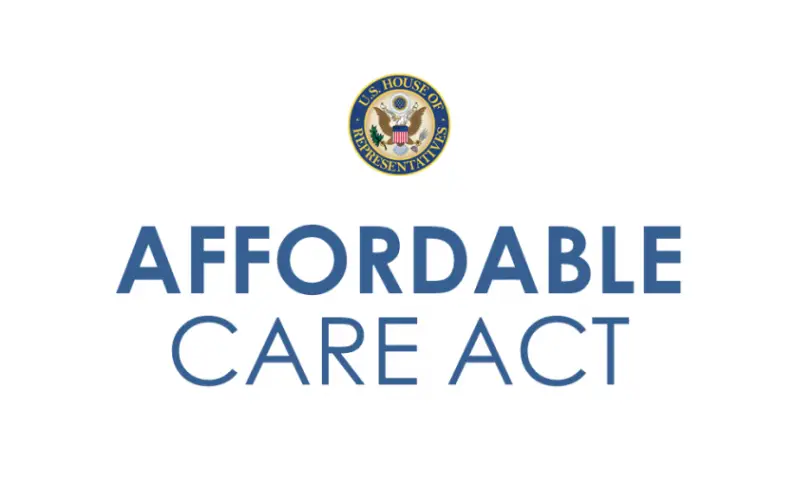Amendment 4 puts Florida’s abortion rights in voters’ hands
Breaking down Amendment 4: What it means for abortion rights in Florida, its possible impact and the FAU community’s thoughts.
Photo courtesy of iStock.
Sofia De La Espriella and Elisabeth Gaffney
Abortion has been a hot-button issue since the United States Supreme Court overturned Roe v. Wade in 2022. Now, it’s on the 2024 election ballot in 11 U.S. states — and Florida Atlantic University students are divided on whether to vote “yes” or “no.”
On Nov. 5, Florida voters have the opportunity to decide on the “Right to Abortion Initiative,” also known as Amendment 4, in the upcoming general election. Amendment 4 would add specific language to the Florida Constitution’s Declaration of Rights, broadening access to abortion in the state of Florida. The amendment requires a 60% supermajority vote to pass.
Florida lawmakers banned abortions after 15 weeks of pregnancy in July 2022, then went one step further in May 2023, banning abortions after six weeks.
A “yes” vote on Amendment 4 would invalidate these bans by adding new language that would prohibit state laws from denying and restricting abortion before “viability” or when abortion is crucial to protecting a patient’s health.
Viability refers to the point in pregnancy when a fetus can survive outside the womb. This typically occurs around 24 weeks, according to Democratic Florida Sen. Lori Berman.
A “no” vote opposes this addition of language.
According to the ballot measure, the amendment preserves the current legislation’s constitutional authority “to require notification to a parent or guardian before a minor has an abortion.”
If this amendment does not pass, Berman says state lawmakers will continue to push the six-week abortion ban.
The University Press reached out to more than 40 FAU students in person, via email and Instagram direct message to see if they plan to vote for or against this amendment. The majority declined to answer.
Some students expressed they are pro-choice, which is the belief that women should have the choice to decide whether to get an abortion or not, or pro-life, the belief that the fetus has human rights and its developing life should not be ended by abortion.
“I will personally be voting ‘no’ because I find it to be too extreme,” said linguistics major Isabella Hansen. “While I do believe in certain exceptions for abortion such as rape, I think in general I personally do find [the amendment initiative] extreme.”
Rae Turner, a freshman who hasn’t decided on a major, says she isn’t sure yet if she wants to vote for or against the amendment.
“I don’t really have a clear idea of what I think. I’m pro-choice. So, I believe that everyone should have a choice to decide if they want to carry out a pregnancy. But I feel like I have to do more research to decide how to vote,” she said.
David Linares, a political science major and active member of both FAU chapters of the conservative student organization Turning Point USA and anti-abortion group Students for Life, is firmly voting against the amendment this November.
Linares shared that Students for Life has been spreading awareness about the group’s cause by setting up a table on the FAU Breezeway, handing out flyers and striking conversations with students.
“Our core mission is saving as many lives as we can,” Linares said. “We believe that all human lives are valuable and should be protected by the Constitution, should have the enforcement of human rights… and unborn life does fit that criteria. They are human; they are definitely living.”
For Linares, abortion is not simply a matter of personal choice or reproductive health, but a profound moral issue. In his view, the government should uphold the unborn’s right to live over the individual’s right to choose and compared abortion to owning slaves.
Linares believes that similar to southern landowners losing the right to own slaves after the Civil War because the Constitution did not support it, women should also lose the right to terminate their pregnancy, as he considers abortion to be just as immoral as owning slaves.
“The southern states lost their right to decide if slavery was legal or not. They had their rights restricted because the North viewed it as immoral,” he explained. “And after the Civil War, they forced the South to give it up. So that would be a shrinking of the rights of the states and the rights of the individual to own slaves. But we agree that that was fine because it was immoral because slaves were human beings and they had a right to live too.”
Meanwhile, Democratic Florida legislators are glad to see the amendment on the ballot.
Sen. Berman, who represents part of Palm Beach County, believes no governmental figures should have power over a woman’s bodily autonomy, especially if there are health complications.
“Remember, a lot of these abortions are taking place with people who really want the child. But then they’ll find out that there’s some kind of major fetal defect, that maybe the child won’t live,” Berman said. “…And that’s the choice that should be made with the woman and her family and her faith. Not us in the Florida legislature telling people you have to have this child.”
Democratic State Rep. Robin Bartleman, who serves part of Broward County, Fla., says the current six-week ban doesn’t allow women enough time to figure out if they’re pregnant.
“You don’t even know you miss a period at six weeks,” Rep. Bartleman said. “You have no idea that you even miss a period. So it’s basically an outright abortion ban, this ban, because women don’t know they’re pregnant.”
Both the 15-week and six-week ban list exceptions for rape, incest and human trafficking. However, Florida law requires a woman requesting an abortion in these circumstances to provide further documentation, such as a restraining order, police report or medical record.
Bartleman emphasizes that only a handful of victims in the U.S. report sexual assault to the police. According to the Rape, Abuse, & Incest National Network, two out of three sexual assault cases go unreported. In 2022, police received the least amount of sexual assault reports at only 21.4%, Pew Research found.
Abortion access continues to divide public opinion. Yet, as Florida prepares to vote on Amendment 4, a survey by The Hill and Emerson College found that a majority of likely Florida voters prefer to limit the government’s role in abortion. According to the survey findings, 55% would vote “yes” on Amendment 4, 26% would vote “no” and the remaining 20% are unsure.
To Bartleman, one thing is clear:
“Whether you’re a Republican, Democrat, Independent… it doesn’t matter. I’m a woman, and I want my daughter to have the same rights that I grew up with. And you’re not going to realize it until they’re taken away.”
Sofia De La Espriella is the Editor-in-Chief of the University Press. Email sdelaespriel2022@fau.edu or message her on Instagram @sofidelaespriella for information regarding this or other stories.
Elisabeth Gaffney is the Editor-at-Large for the University Press. For more information on this article or others, you can reach Elisabeth at elisabethgaffreports@gmail.com or DM her on Instagram @elisabethgaff.





Post Comment